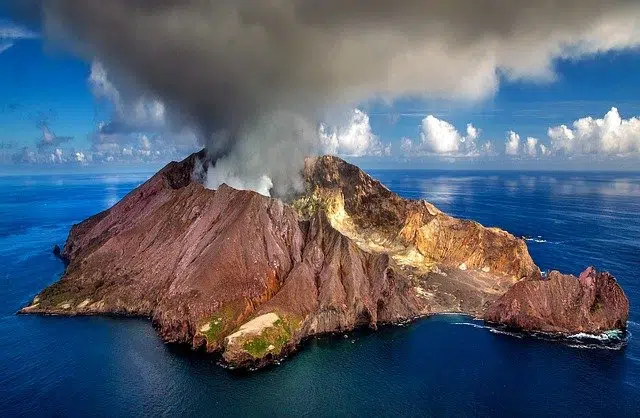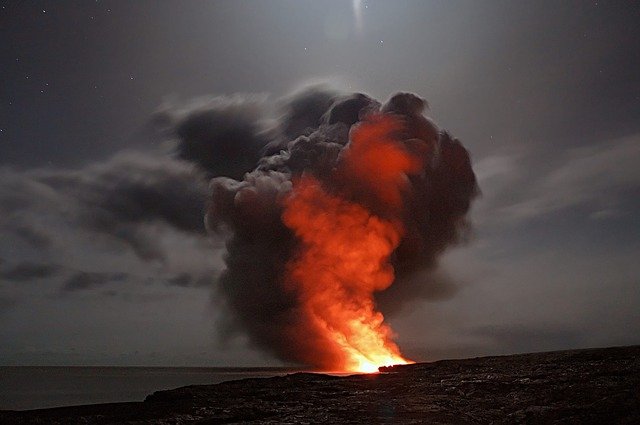
Volcanology seeks to understand the origin and functioning of volcanoes
Vulcānus is a Latin word that refers to Vulcan , the god of fire according to Roman mythology. Etymologically, the word volcanology comes from this term, which refers to the discipline dedicated to studying volcanism .
Volcanic phenomena
Volcanism , meanwhile, is called the set of phenomena that are associated with the activity of volcanoes . A volcano , on the other hand, is an opening in a mountain or in the ground through which flames, smoke, and magma are expelled .
Volcanology is part of geology . In addition to investigating volcanoes, fumaroles and geysers, he is dedicated to investigating eruptions and substances released from the interior of the planet.
An expert in volcanology is called a volcanologist . He is a geologist with specialization in this area who, as part of his work, usually visits volcanoes and collects samples of lava , stones and ash for analysis.
Volcanology, in short, aims to understand how volcanoes arose and how they function . Thanks to their contributions, the risk for people who live in the vicinity of these natural structures can be estimated.
History of volcanology
The origins of volcanology are remote and linked to superstition . Over time, the first truly scientific knowledge about its object of study began to be produced, which attempted to get closer to previous beliefs. Already in a third stage, which began in the 18th century , volcanology fully devoted itself to scientific knowledge.
Like much of the natural sciences , in the case of volcanology our desire as a species to understand and control nature is appreciated. Of course, here we add the need to protect ourselves from the destructive effects of volcanoes. As mentioned in the previous paragraph, it began with a stage of superstition, in which myths and religious beliefs were more important than scientific knowledge , and this is also common to other fields.
The first records of volcanology itself date back to the seventh millennium BC. C., according to a mural painting found in Turkey , where an eruption can be seen over a city. The oldest civilizations, particularly the Greeks and Romans, associated volcanic eruptions with divine phenomena , with messages that the gods sent them through nature. In the case of Christianity, on the other hand, eruptions were believed to symbolize the wrath of God or the work of the Devil.
The explanation that Greece and Rome gave to volcanic activity was linked to religion. The Greeks, for example, believed that the god of fire, Hephaestus, sat at the bottom of the volcano Etna , and that there he made weapons for Zeus. Virgil, an important poet of the Roman Empire, interpreted that the goddess Athena had locked the giant Enceladus under said volcano to punish him for having rebelled against the gods, that the murmuring of the mountain was the product of his screams of torment, that fire was his breath and the tremors were produced by his sudden movements in an attempt to free himself.

A volcanic eruption is as fascinating as it is potentially destructive
Goals
One of the great objectives of volcanology is to predict eruptions . Although it is not possible to anticipate them today, the monitoring carried out by volcanologists is useful for measuring volcanic activity.
To do this, specialists study volcanoes trying to understand their origin and functioning. Thanks to the tools that volcanology receives from metrology , the science dedicated to the measurement of normalized magnitudes through traceability, it can carry out a census to develop a classification.
